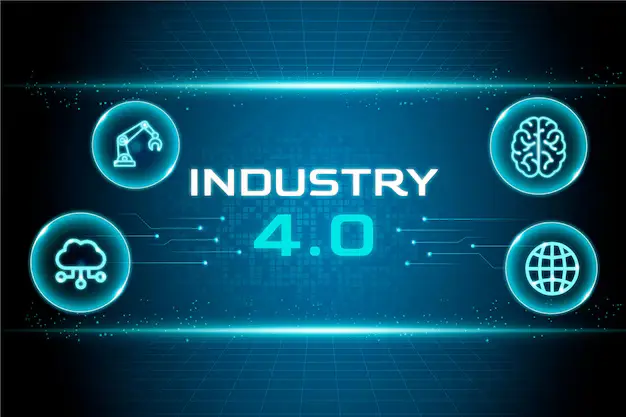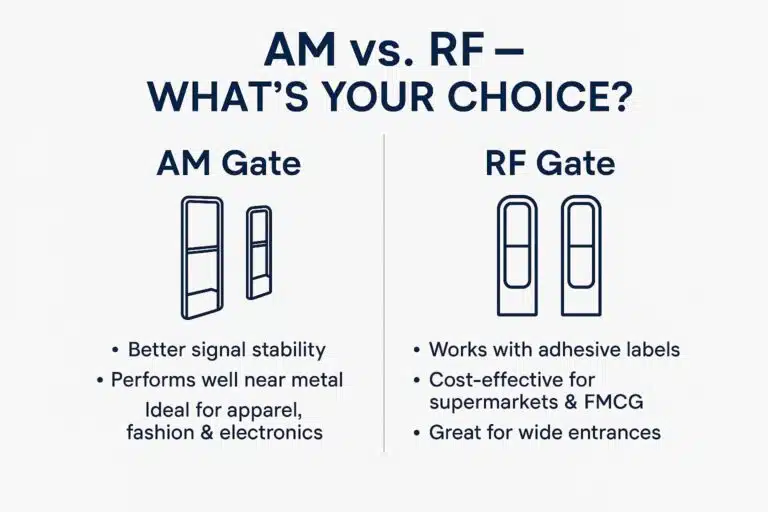Have you ever thought in the past of world getting digitized?
Digitalization of manufacturing using IOT is a transformation so compelling that it has been dubbed Industry 4.0 to signify the fourth manufacturing revolution.
Industry 4.0 improves on Industry 3.0’s computerization.
The introduction of computers in Industry 3.0 was disruptive due to the introduction of a completely new technology. Computers are connected and interact with one another now and in the future as Industry 4.0 takes shape, allowing them to make choices without the need for human intervention. Industry 4.0 and the smart factory are made feasible by a mix of cyber-physical systems, the Internet of Things, and the Internet of Systems. Our factories will become more efficient and productive as a consequence of the support of smart machines that continue to grow smarter as they have access to more data.
The actual strength of Industry 4.0 comes from the network of these machines that are digitally connected to one another and produce and exchange information.
Today’s Industry 4.0 applications
While many organizations are still in denial about how Industry 4.0 will affect their business or are struggling to find the talent or knowledge to know how to best implement it for their specific use cases, others are already making changes and planning for a future where smart machines will help them succeed. Here are a few examples of possible applications:
Identify opportunities:
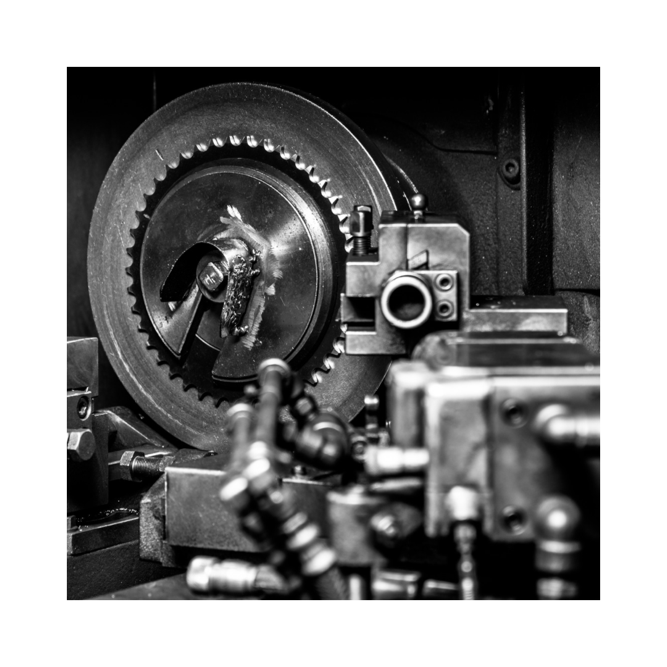
Because connected machines collect a massive amount of data that can be used to inform maintenance, performance, and other issues, as well as analyze that data to find patterns and insights that would be impossible for a human to do in a reasonable amount of time, Industry 4.0 gives manufacturers the ability to optimize their operations quickly and efficiently by knowing what’s going on. An African gold mine discovered an issue with oxygen levels during leaching by analyzing data from sensors in its equipment. They were able to boost their production by 3.7 percent after fixing the problem, saving them $20 million each year.
Optimize logistics and supply chains:
When new information is provided, a linked supply chain can change and accommodate. If a shipment is delayed due to weather, a linked system can anticipate the situation and alter manufacturing priorities accordingly.
Autonomous equipment and vehicles:
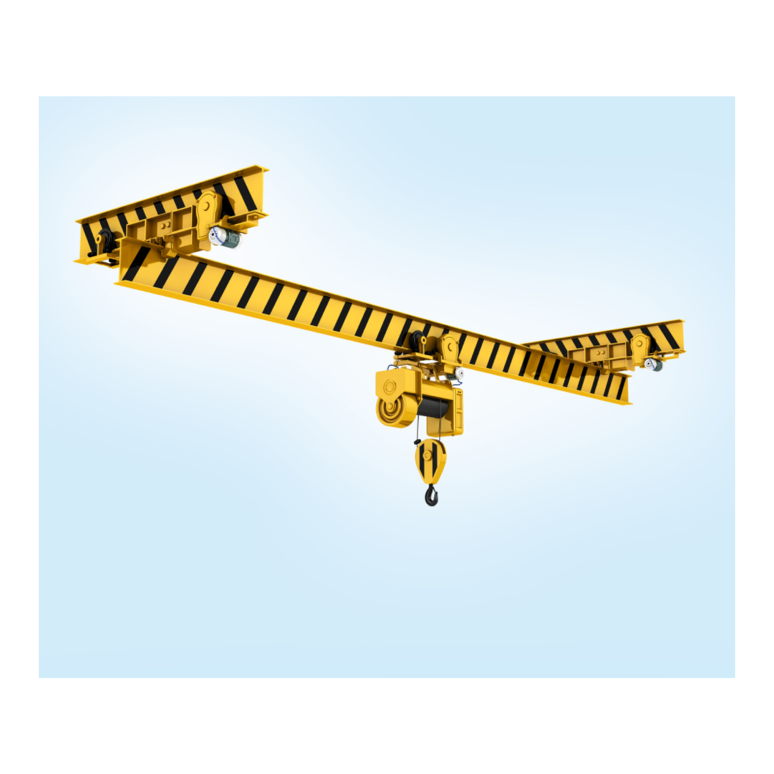
Some shipping yards are using self-driving cranes and trucks to expedite operations as they receive cargo containers from ships.
Robots:
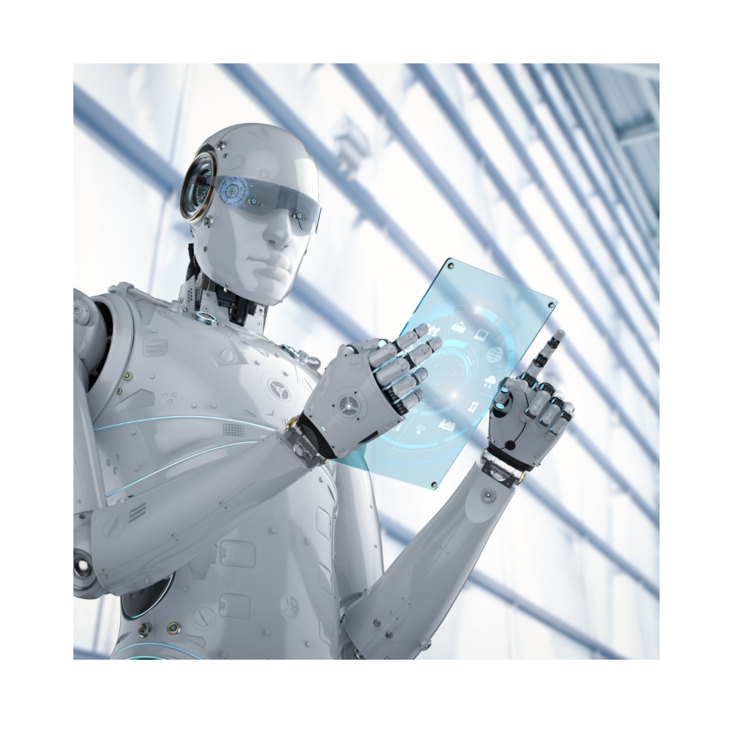
Once reserved for large corporations with equally large budgets, robotics is now more affordable and accessible to businesses of all sizes. Autonomous robots can assist manufacturers in a variety of ways, from picking products in a warehouse to getting them ready to ship. Robots transport items around Amazon warehouses, lowering costs and allowing the online retailer to make greater use of floor space.
Additive manufacturing (3D printing) has advanced considerably in the previous decade, moving from prototype to actual production. Metal additive manufacturing has advanced to the point where it can now produce a wide range of products.

The Internet of Things, which is defined by linked devices, is a major component of Industry 4.0. Not only does this improve internal operations, but by storing data in the cloud, equipment and operations may be optimized by using the knowledge of others who use the same equipment or by providing smaller businesses with access to technologies they wouldn’t have access to otherwise.
While Industry 4.0 is still growing, and we may not have a comprehensive picture until we look back 30 years, firms who are using the technologies are realizing the promise of Industry 4.0. These same businesses are also dealing with how to upskill their present staff in order for them to take on new job duties enabled by Internet 4.0, as well as how to find new employees with the necessary abilities.
HOW DOES DEKI ELECTRONICS HELP IN IMPLEMENTING INDUSTRY 4.0?
Our expertise in being a leading manufacturer of Electronic Components Since-1984 helped us understand benefits of an optimized use of technology with machines talking with each other thereby increasing efficiency, speed and accuracy. We increased our production using these latest technologies and lately we introduced this in the automobile industry using Electronic Shelf Labels- it proved that productivity increased by 50% and likewise did the speed and accuracy of transfer of information in the assembly line.
Let us discuss further on how implementing Industry 4.0 will enhance business – contact enquiry@suresolutions.in Mobile#+91-9911556562

